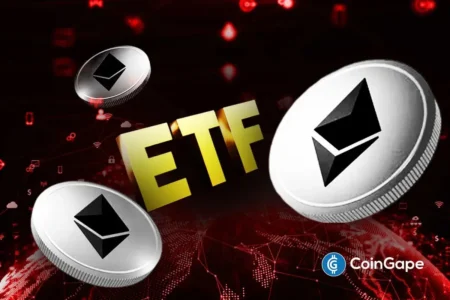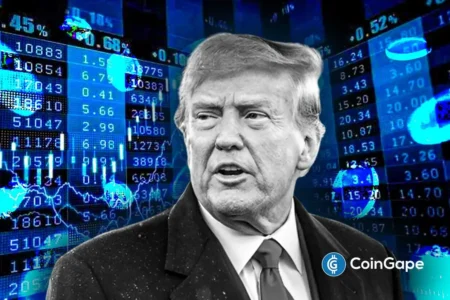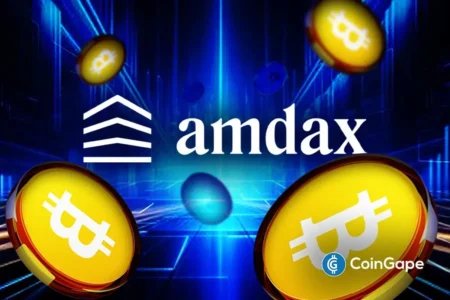JPMorgan Chase Partners with Coinbase: A New Era for Cryptocurrency Transactions
In a significant development for the cryptocurrency market, JPMorgan Chase & Co. has joined forces with Coinbase, a leading cryptocurrency exchange, to create a direct connection allowing customers to link their bank accounts. This strategic partnership aims to enhance the purchasing experience for crypto enthusiasts by simplifying transactions between Chase bank accounts and Coinbase wallets. The collaboration utilizes JPMorgan’s API to enable a seamless bank-to-wallet connection, which stands to benefit countless customers looking to leverage digital currency in their daily lives.
Enhancing the User Experience with Bank-to-Wallet Connections
Through this partnership, Chase customers will gain the ability to merge their bank accounts with their Coinbase wallets effortlessly. According to a joint press release, the integration will allow users to transfer their Chase reward points to Coinbase for crypto purchases at a 1:1 redemption ratio. In an effort to make crypto investments even more accessible, customers will also soon be able to fund their Coinbase accounts directly using Chase credit cards, a feature scheduled to launch in September 2026. As Coinbase’s Head of Consumer & Business Products, Max Branzburg notes, this partnership is designed to lower barriers to entry for consumers interested in participating in the rapidly evolving landscape of financial services.
Positive Market Reactions and Stock Performance
Following the announcement of the partnership, there has been a notable uptick in Coinbase’s stock, increasing by 2% to trade at $379.82. This comes after an impressive premarket performance. Similarly, JPMorgan’s stock spiked 0.30% to $297 at market opening. This positive response indicates a strong market perception of the partnership, suggesting that investors are optimistic about the potential for future growth stemming from enhanced cryptocurrency adoption.
Strategic Partnerships for Accelerated Crypto Adoption
Coinbase is currently on a trajectory of expanding its footprint in the cryptocurrency space through strategic partnerships. In addition to its alliance with JPMorgan, Coinbase recently collaborated with Samsung Pay, allowing users to purchase cryptocurrencies without the complication of switching between applications. Furthermore, the exchange has also established a partnership with PNC Bank, integrating traditional banking services with innovative crypto solutions. These collaborations signal a broader movement towards mainstream acceptance of cryptocurrencies, providing customers with multiple avenues to engage with digital assets.
Concerns Over Fee Structures and Market Dynamics
Despite the encouraging outlook, the partnership has raised some eyebrows, especially concerning the fee structures involved. Analyst Eric Balchunas from Bloomberg has pointed out that using Chase credit cards to fund cryptocurrency purchases could incur a substantial 1.4% fee, which he deems excessive. He noted that even a 0.40% fee would be too high for many consumers. Balchunas suggested that JPMorgan could consider launching a Bitcoin ETF instead of relying on high commissions, which would allow for lower fees and potentially more appealing investment options for consumers.
Regulatory Environment and Future Outlook
This partnership comes at a critical time as JPMorgan seeks to establish its presence in the fintech and cryptocurrency sectors. The bank has been exploring ways to monetize access to customer banking data for fintechs and cryptocurrency service providers—a move that aligns with the ongoing conversation around Open Banking regulations. As the landscape evolves, legal and regulatory frameworks will play a crucial role in shaping the future of partnerships like this one, ensuring that consumers have secure and transparent access to financial services.
In conclusion, JPMorgan Chase’s collaboration with Coinbase marks a pivotal moment in the integration of traditional banking with the cryptocurrency market. As the partnership begins to roll out functionalities that promise to enhance user experience and broaden access, it also sheds light on the complexities involved in the cryptocurrency space, including fee structures and regulatory compliance. As both entities work to expand their reach, the future of financial services appears to be evolving rapidly towards a more interconnected and digital-first approach.
















